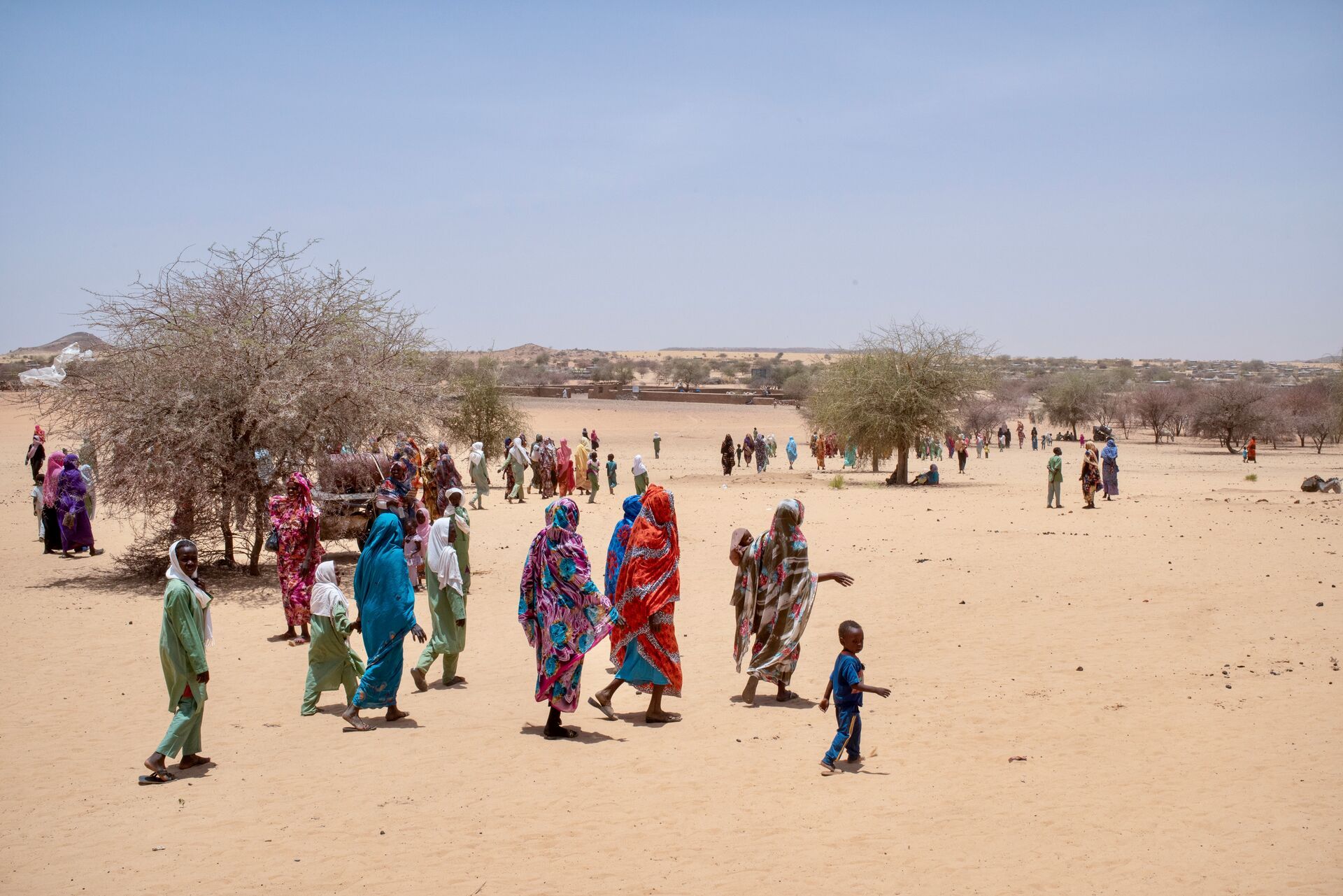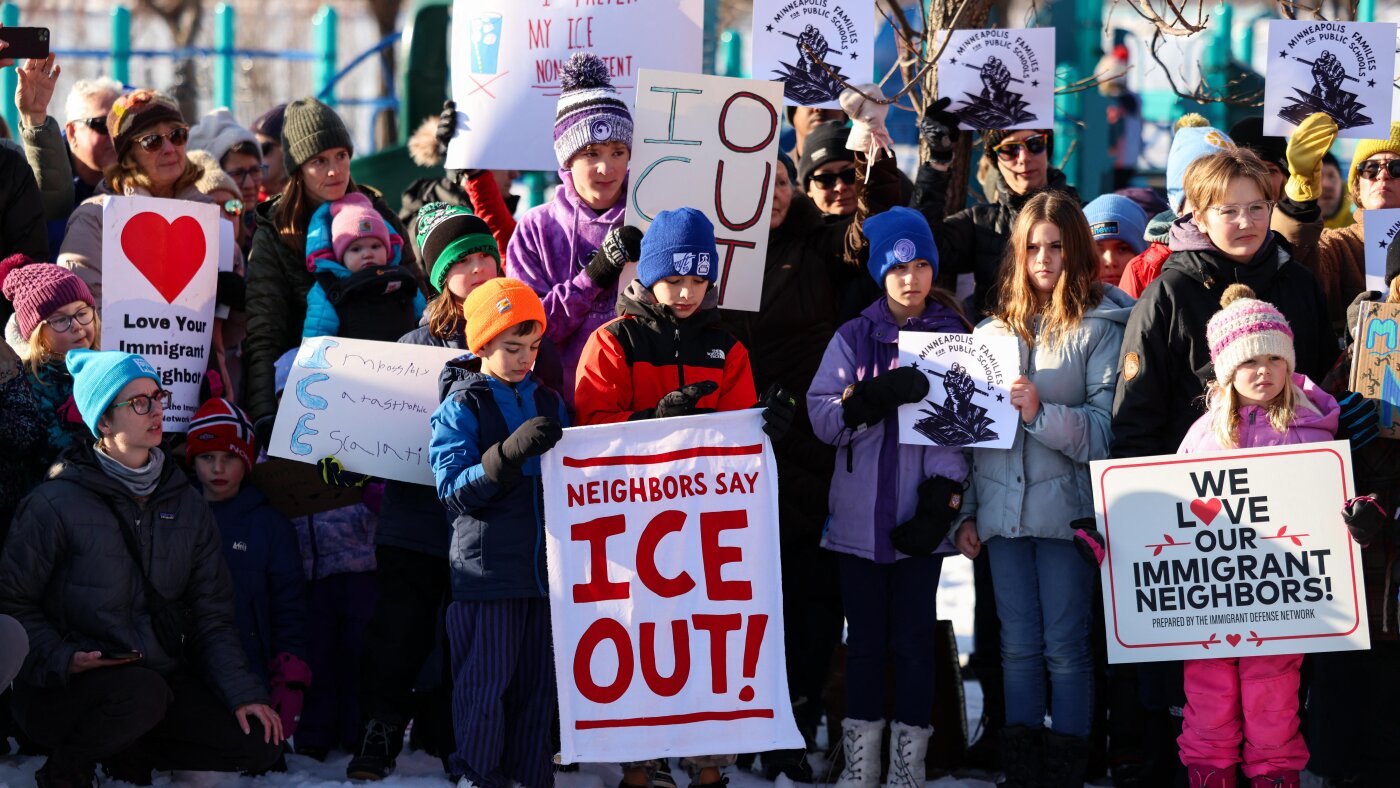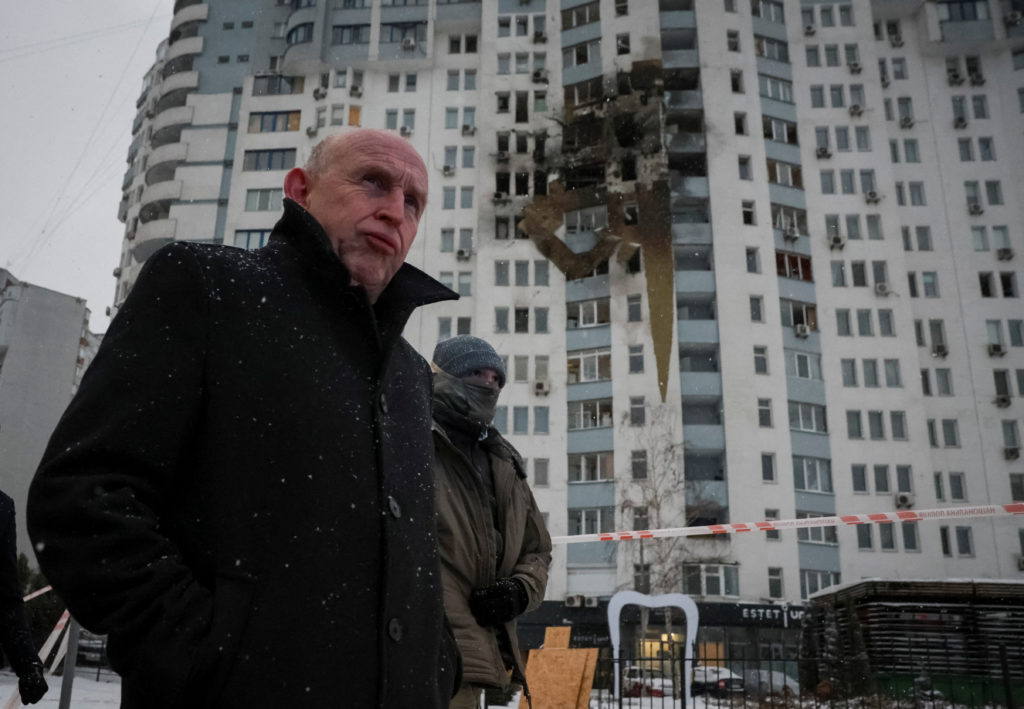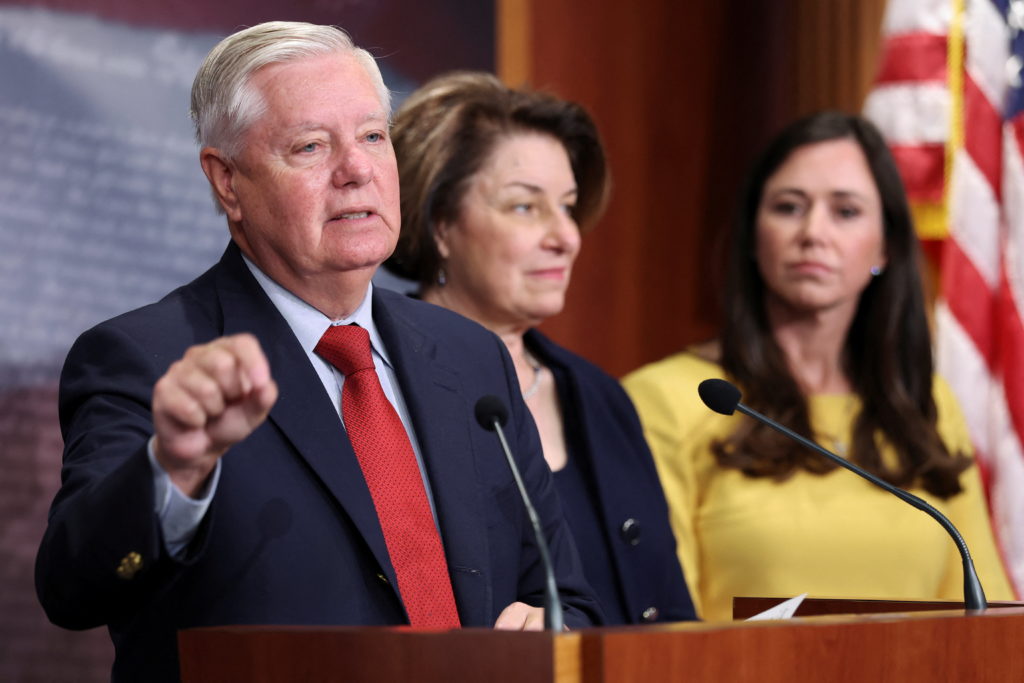9 January 2026, Geneva, Cairo, Port Sudan – Today, the conflict in Sudan reaches its 1000th day, with over 20 million people requiring health assistance and 21 million desperately needing food.
Nearly three years of…

9 January 2026, Geneva, Cairo, Port Sudan – Today, the conflict in Sudan reaches its 1000th day, with over 20 million people requiring health assistance and 21 million desperately needing food.
Nearly three years of…

People observe a moment of silence in Minneapolis at a news conference organized by the group Minneapolis Families for…

KYIV, Ukraine (AP) — Russia bombarded Ukraine with hundreds of drones and dozens of missiles in a large-scale overnight attack, officials said Friday, killing at least four people in the capital. For only the second time in…

WASHINGTON (AP) — President Donald Trump is now on board with a hard-hitting sanctions package meant to economically cripple Moscow as his administration continues to negotiate a deal to end the war that began with Russia’s…

This significant development must lead to further progress in the investigation of the murder of environmental journalist and documentary filmmaker, Hakan Tosun, who died in Istanbul on 13 October 2025 after being brutally attacked three nights…

A number of schools were closed and rail services disrupted, but South Yorkshire was largely unaffected by Storm Goretti despite forecasts of up to a foot (30cm) of snow in hilly areas.
Most of Sheffield, as well as areas to the north and west of…